Ingredients : Peganum harmala L Raphanus sativus Sesamum indicum
Active Ingredients: alkaloids, tannins, phenolics, anthocyanins, flavonoids, hydrocaffeic acid, protocatechuic acid, rosmarinic acid, caffeic acid and cynaroside
Indications: Useful in relieving echoes and sounds of the ear, analgesic for ear pain, earwax solution, obstructor and beneficial for deafness
Dosage and administration: Two drops should be instilled in each ear daily according to the doctor's instructions
Side effects: No side effects have been reported
Recommended tips: to 2 drops can be instilled in the ear up to 3 times a day. Warm the oil and shake the glass before
Contraindications and precautions: does not have
Pharmacological effectsand mechanism of action MOA: The effect of horseradish oil on tinnitus and deafness:Pecan (Harmala L.), commonly known as Harmala, is a widely used medicinal plant in the Zygophyllaceae family. The seeds are known as bloating, emetic, anti-worm, anti-inflammatory, sexual enhancer, diuretic, anti-thrombosis, windbreaker, expectorant, cleanser and vision enhancer, which are used for psychosis, epilepsy, Used for memory loss, kidney stones, chronic headaches, rheumatism, colic, jaundice and sciatica. And if the sound of the ear is a variety of infections, germs, bacteria and inflammation; Pecan is also very effective because, this seed has a variety of antibacterial, antifungal and antiviral effects, immunomodulatory properties, antihistamines, vasodilator effect, wound healing, antioxidant activity. But in the case of horseradish; The experience of the deaf in early modern England suggests that many patients used radish to treat that buzzing sound or tinnitus, dating back to the time (Hippocrates) of Hippocrates the Wise. Depending on the cause of the disease, cold, heat and fever, winds, ear weakness (presbyacusis) is a medical term for hearing loss that occurs in the elderly with age. This is the most common cause of hearing loss in people over 55 years old. (Meniere's disease) is a disorder of the inner ear that can lead to dizziness and hearing loss. In most cases, Meniere's disease affects only one ear. Meniere's disease can occur at any age, but usually begins between young and middle-aged adults (sometimes anise and cumin are used in bitter almond oil and myrrh and castor oil in rose and ginkgo, but the combination provided for a variety of The mentioned reasons are appropriate, one of the reasons for using the above plants in the form of oil is that the material does not stick to the ear.
Pharmacological effect of this product from the perspective of traditional medicine:
Tinnitus is caused by accumulated soda sputum, and depending on which sputum is born from the patient, the type of sound and treatment varies. If the sound is like a whistle, soda comes from the bile, which massages the head and face with this product and in
Drop the ear to dissolve the soda. If the sound is like an air conditioner or a car or fast, the soda is from the tail.
This product (massage and dripping in the ear), general cupping and cupping behind the ear and the use of sneezers are recommended
. If the sound is exactly buzzing, the treatment is longer and it is made of soda and cupping should start from the third month.
The components of this product are considered to be the best removers of soda and phlegm deposits, and any sound will be eliminated by observing the treatment conditions
References:
1- Analysis of Peganum harmala, Melia azedarach and Morus alba extracts against six lethal human cancer cells and oxidative stress along with chemical characterization through advance Fourier Transform and Nuclear Magnetic Resonance spectroscopic methods towards green chemotherapeutic agents/ Saudi Pharmaceutical Journal Saudi Pharmaceutical Journal / Volume 29, Issue 6, June 2021, Pages 552-565
2- Antibacterial activity of different parts of Peganum harmala L. growing in Iran against multi-drug resistant bacteria PMCID: PMC5611620 4PMID: 29033706/
3-Experiences of the deaf in early modern England/E Cockayne - The Historical Journal, 2003 - cambridge.org
4- J Groopman - New Yorker, 2009 - gravitywerks.com
5- The treatment of tinnitus—a historical perspective/ The Journal of Laryngology and Otology October 1984. Vol.'98. pp.'963-972
6-Ancient voices on tinnitus: the pathology and treatment of tinnitus in Celsus and the Hippocratic Corpus ompared and contrasted

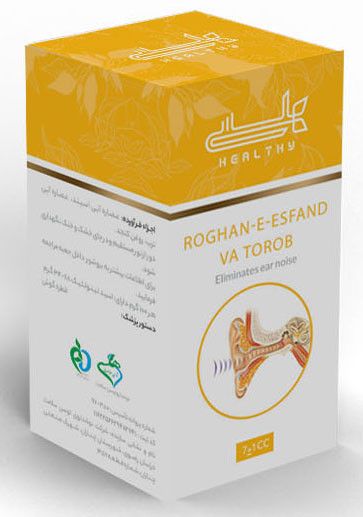
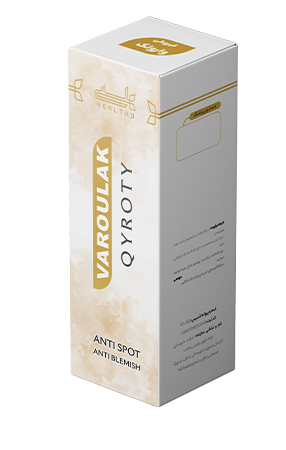
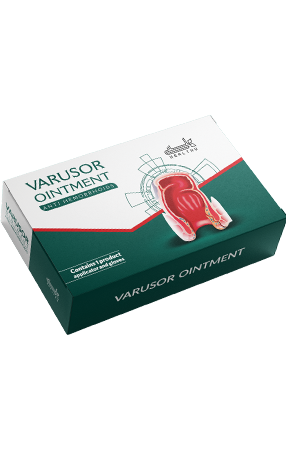
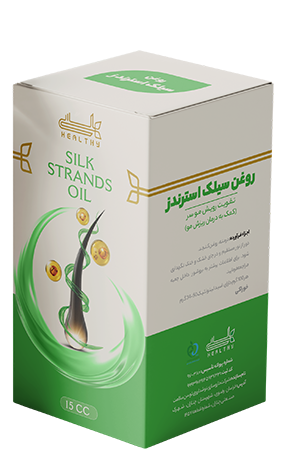
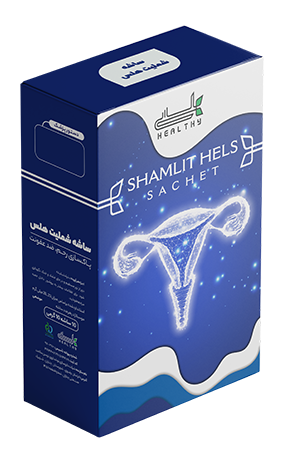
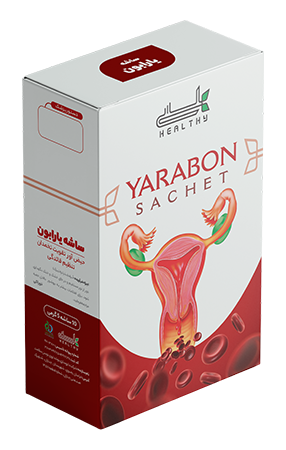

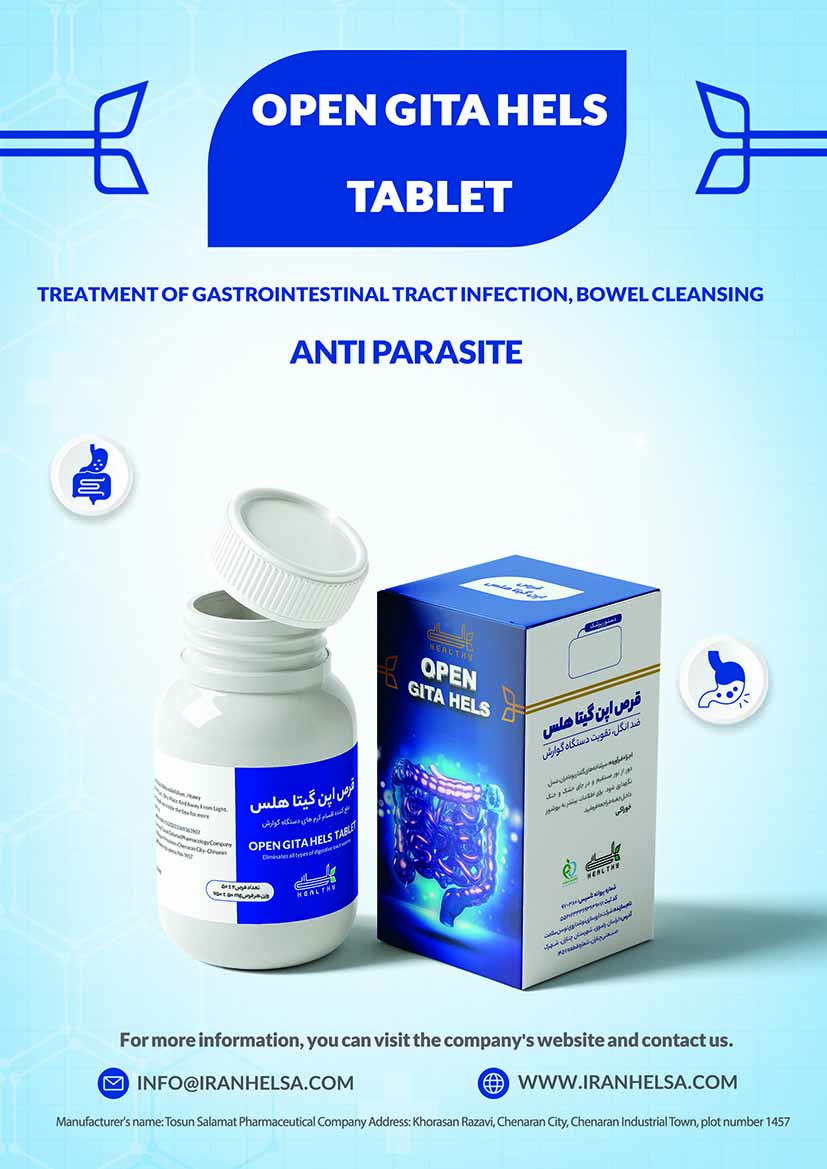

User comments